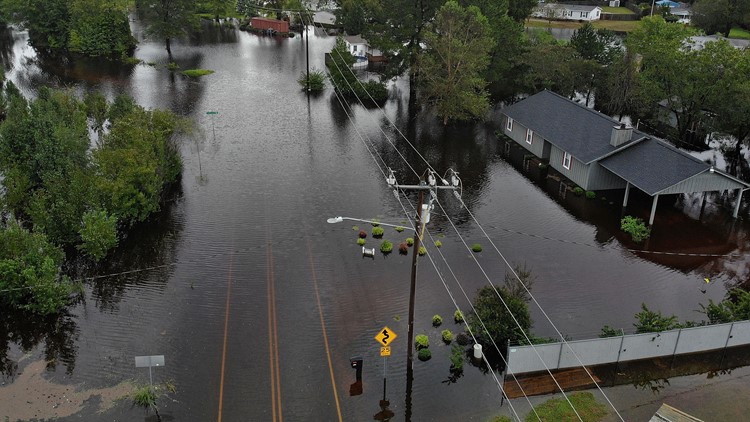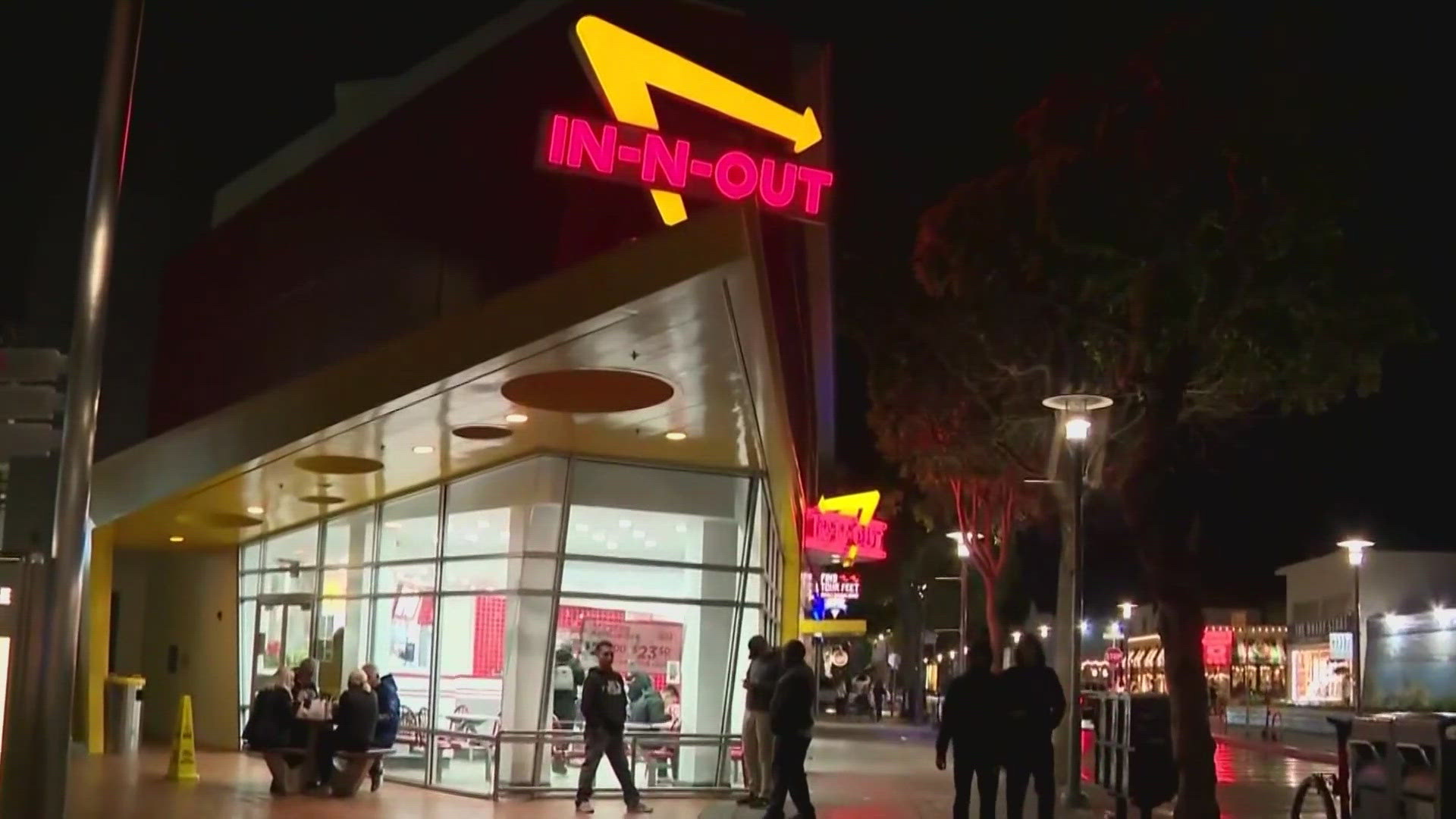Flooding season is just around the corner, but did you know a lot of people who live in flood plains don't have flood insurance? We asked Scott Van Hoff from FEMA to help us with the flood insurance basics.
One misconception is that when we see a disaster like Hurricane Florence or Hurricane Harvey, FEMA will take care of everything. But that’s not the case. You still need insurance.
The damage to a typical home would far exceed the individual assistance granted [roughly about $6,000] you might get from FEMA. So, if you don’t have your own insurance policy to cover all your damage and repairs to your home, you’re going to be left short and paying for that out of pocket somehow.
What kind of insurance do you think we need here in Puget Sound? A lot of people might think earthquakes, but there’s more than that.
In this area, we face a lot of natural hazards--earthquakes, volcanoes, flooding. Flooding is by far the biggest disaster that we face year after year as far as the damages. So, flood insurance is certainly first on the list for individual insurance that you need for your home.
And is it concerning that even though a lot of people live in flood plains, a lot of people don’t have flood insurance?
Yes, it's certainly a trend we're saying around the country. Americans ae underinsured especially for flood hazards, so we’re not unique in that circumstance, but we do have a very low rate of insurance coverage for flooding. [King County residents are also underinsured]
Where do people start? There is a national flood insurance program, right?
Yes, the National Flood Insurance Program offers flood insurance to anyone regardless of what flood zone you live in. As long as your community participates in the program then you’re eligible to buy flood insurance--regardless of what hazard zone you live in. You really need to talk with your insurance agent--whoever has your homeowners policy now. Have that conversation face-to-face with your agent, talk about the risks that your home faces, and what kind of coverage would be appropriate.
Nobody likes paying extra money, but in the end, it’s definitely worth it.
It sure beats taking out a second mortgage in order to repair your home. It’s better to have a good policy that will cover your actual damages.
To find out more about individual insurance, you can also go to ready.gov.



